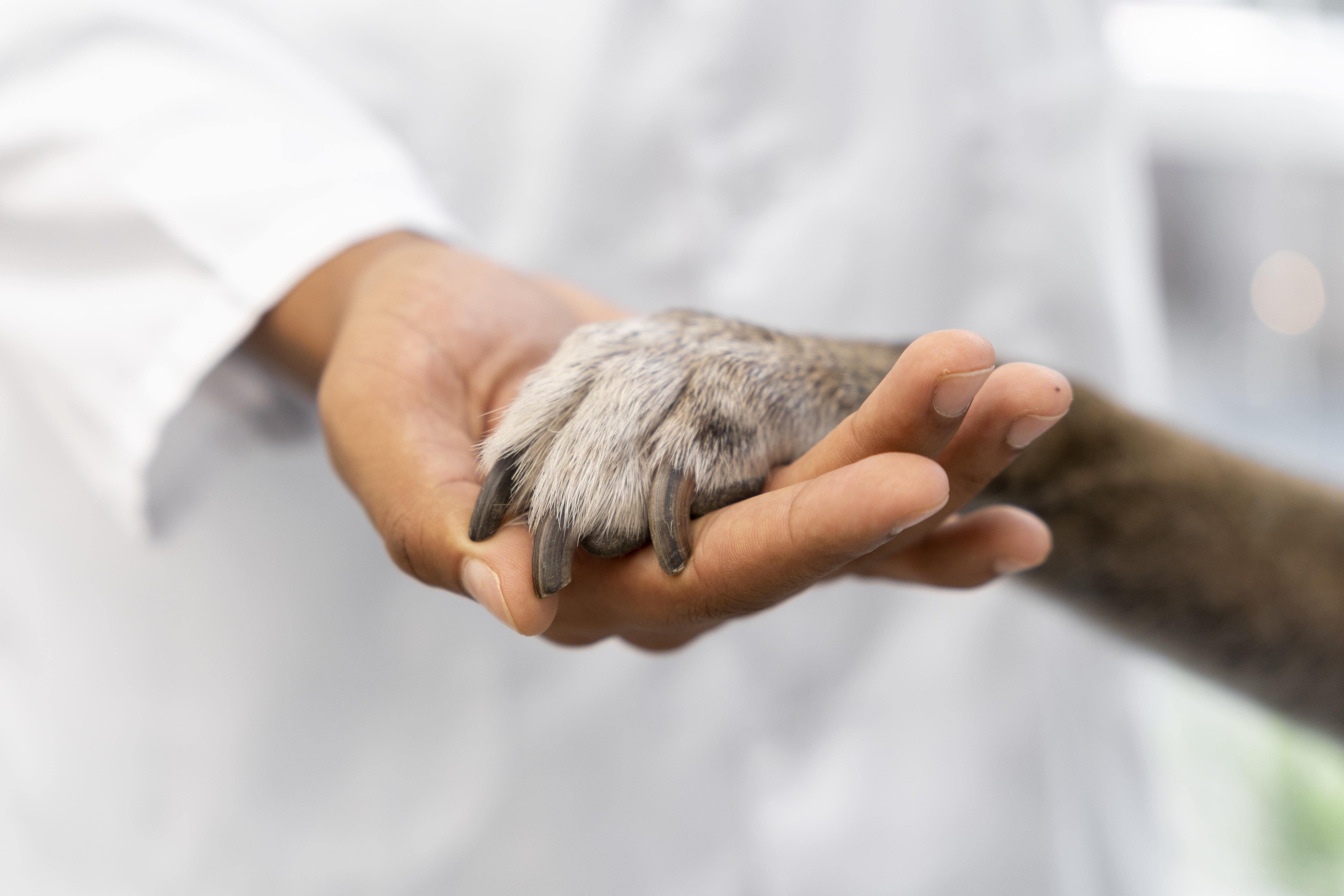Veterinary Medicine and Pets

There has been an increasing focus on raising pets at home, especially as recent studies and research have demonstrated the numerous benefits of having them. This interest has led to the emergence of many modern medical centers with advanced tools for examining animals. Here, we will highlight the most important developments in veterinary care for pets and the significance of veterinary doctors.
5 Reasons to Have a Pet: As mentioned, owning pets at home has several benefits, including:
- Pet owners are less prone to depression, and they tend to have calmer reactions in challenging situations.
- Playing with pets boosts happiness hormones, adding fun to the lives of both children and the elderly.
- Recent studies show that having a pet improves heart health, reduces blood pressure, and decreases doctor visits for the elderly. It also alleviates Alzheimer's symptoms and enhances mental health.
- Taking a dog for a walk or running with them is an enjoyable and encouraging way to exercise.
- Pets provide excellent companionship, reducing anxiety and stress, and building self-confidence in individuals anxious about interacting with the outside world.
The Importance of Veterinary Doctors: Veterinary medicine is one of the most challenging, important, and precise medical specialties. Diagnosing animal diseases and understanding their health issues require high skill and precision. It serves as the first line of defense against diseases that can be transmitted from animals to humans.
The importance of veterinary doctors lies in:
- Full responsibility for the comprehensive care of animals, including nutrition, behavior, and protection.
- Diagnosing and solving health problems, treating wounds, and performing necessary surgical operations.
- Reducing disease transmission between animals and humans by vaccinating animals against common diseases.
- Providing advice on pet care, nutrition, and necessary vaccinations for potential pet owners.
- Preparing vaccines, vaccinations, and appropriate treatments for animals.
- Ensuring safe human food by verifying the health and safety of food-producing animals and providing necessary vaccines.
Evolution of Veterinary Medicine in Dealing with Pets: Old methods of dealing with pets were limited to primitive tools such as thermometers, stethoscopes, wound dressing, and some simple medications. With scientific advancements, modern and more accurate methods have emerged to handle pets and diagnose their health problems. Key advancements include:
-
Cleaning Pet Ears: Regular cleaning of pet ears by a veterinarian is essential to prevent infections that may cause severe ear pain and increased sensitivity to sounds. It also involves removing foreign materials stuck in the ears, causing pain.
-
Pregnancy Monitoring for Pets: Female pets require special care during pregnancy to maintain their health and the health of their offspring. Monitoring is done within the veterinary clinic using ultrasound to examine the fetus during pregnancy. Medical tests are also conducted to ensure the health of the mother during pregnancy, and necessary vaccinations are given before the pregnancy period to boost the immunity of the offspring against various diseases.
-
Treatment of Intestinal Worms and Parasites: Providing vaccines that protect pets from intestinal parasites and worms ensures protection against many diseases and complications that can affect them. These may cause visible symptoms such as coughing, vomiting, diarrhea, and loss of appetite, ultimately leading to weakened health or anemia.
-
Ultrasound for Pets: The use of ultrasound or sonar is the optimal solution for diagnosing health problems that may affect pets. It allows the veterinarian to examine the internal organs of the animal, such as the heart, liver, spleen, bladder, and kidneys. It also reveals the condition of the female's uterus before pregnancy to ensure it is free from diseases that negatively impact pregnancy.
-
Pet Surgeries: Pet surgeries have become more widespread due to the availability of modern equipment, highly skilled professional doctors, and the latest anesthetic methods. Important surgeries include oral and dental surgeries, sterilization for female cats and dogs, neutering for males, tumor removal, and Cesarean sections for birthing.
-
Laboratory Blood Tests for Pets: Periodic blood tests for pets are necessary to maintain their health by early detection of diseases. This protects families from infections and ensures pet health. Essential tests include virus tests, urine tests, feces tests, and fungal cultures for animals.
-
Vaccinations and Pet Health: Vaccines and vaccinations are the most critical point when owning a pet because they ensure the protection and prevention of diseases that can harm both pets and the people around them. One of the required vaccinations is against rabies, a deadly disease that can be transmitted from animals to humans, causing death if not detected within 24 hours.
Sources:
- Owning a Pet May Help Keep Your Mind Sharp as You Get Older.
- Preventive pet healthcare.
- Mayo Clinic Q and A: How owning pets can lead to a healthier lifestyle.
- Animal Diseases and Your Health.
- Is Pet Health Insurance Able to Improve Veterinary Care
Read more blogs: